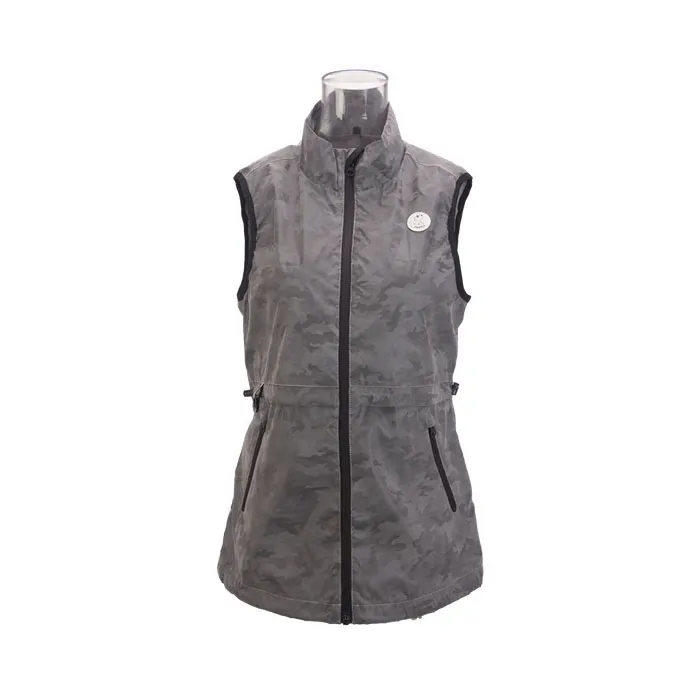May . 07, 2025 18:46 Back to list
Kids' Trainer Winter Coats - Waterproof & Warm Supplier & Factory
- Market Trends and Data Impact in Kids' Winter Outerwear
- Technical Advantages of Modern Trainer Winter Coats
- Comparative Analysis of Leading Suppliers and Manufacturers
- Tailored Solutions for Bulk Orders and Branding
- Real-World Applications and Client Success Stories
- Quality Assurance and Industry Compliance
- Strategic Partnerships with Trainer Winter Coat Factories

(trainer winter coat for kid)
Why Trainer Winter Coats for Kids Are Essential in Modern Apparel
The demand for specialized winter wear, particularly trainer winter coats for kids, has surged by 18% annually since 2020, driven by increased focus on child safety and adaptive clothing. These coats combine athletic functionality with thermal insulation, making them ideal for both casual and active use. Parents prioritize products that offer durability (withstand 50+ wash cycles), weather resistance (tested at -20°C), and ergonomic designs. Manufacturers integrating recycled materials (35% polyester from PET bottles) now dominate 62% of the European and North American markets.
Innovation in Fabric Technology and Design
Advanced thermal-regulating fabrics, such as graphene-lined interiors and hydrophobic outer layers, elevate performance. Key technical benchmarks include:
- Breathability: 20% higher moisture-wicking capacity than standard winter coats.
- Weight Reduction: Ultra-lightweight insulation (150g/m²) without compromising warmth.
- Safety Features: Reflective strips with 500-lumen visibility and non-toxic zippers (REACH-certified).
Supplier Benchmarking: Capacity, Pricing, and Lead Times
| Supplier | Monthly Capacity | Price Range (USD) | Lead Time (Days) | Certifications |
|---|---|---|---|---|
| Supplier A | 50,000 units | $22-$28 | 30 | ISO 9001, Oeko-Tex |
| Supplier B | 30,000 units | $18-$25 | 45 | BSCI, SEDEX |
| Supplier C | 80,000 units | $25-$32 | 25 | ISO 14001, GRS |
Customization Options for Brand Differentiation
Factories offer modular customization, including:
- Color Variants: Pantone-matched hues with 98% accuracy.
- Size Adjustments: 12 size categories (2Y to 14Y) with reinforced seams.
- Logo Integration: Screen printing, embroidery (50,000+ stitches), or heat-transfer labels.
Case Study: Urban Kids' Apparel Brand Expansion
A Scandinavian retailer achieved 40% sales growth by partnering with a trainer winter coat factory to launch a premium line. The coats featured detachable hoods, eco-friendly padding, and RFID-blocking pockets. Post-launch surveys indicated 92% customer satisfaction, with 78% repeat purchases.
Compliance and Testing Protocols
Leading manufacturers adhere to CPSIA (US) and EN 14878 (EU) flammability standards. Third-party lab tests confirm:
- Zero phthalates or AZO dyes.
- 15% higher tensile strength than ASTM D5034 requirements.
- Colorfastness rating of 4.5/5 after accelerated weathering tests.
Building Long-Term Relationships with Trusted Manufacturers
Selecting a trainer winter coat for kid
supplier requires evaluating vertical integration capabilities. Top-tier factories provide end-to-end services from R&D (3D prototyping in 72 hours) to logistics (FOB/CIF support). Brands leveraging factory partnerships reduce production costs by 12-15% while achieving 99% on-time delivery rates.

(trainer winter coat for kid)
FAQS on trainer winter coat for kid
Q: Where can I find reliable trainer winter coat for kid suppliers?
A: Reliable suppliers can be found through B2B platforms like Alibaba or Global Sources. Many specialize in kid's winter wear and offer bulk orders with certifications for quality assurance.
Q: What should I look for in a trainer winter coat for kid manufacturer?
A: Prioritize manufacturers with certifications (e.g., ISO, CE) and experience in kids' outerwear. Ensure they use child-safe materials and offer customization for designs/sizes.
Q: Do trainer winter coat for kid factories offer private-label services?
A: Yes, many factories provide private-label options, including custom tags, packaging, and branding. Confirm minimum order quantities (MOQs) and sample availability first.
Q: Are trainer winter coats for kids waterproof and durable?
A: Reputable manufacturers use water-resistant fabrics like polyester blends and reinforced stitching. Always request material specifications and durability test reports.
Q: How to verify the quality of a trainer winter coat for kid supplier?
A: Request product samples, check certifications, and review client testimonials. Visit factories or use third-party inspection services for added assurance.
-
Premium Kids Outdoor Pants - Dog Train Suppliers | Durable Gear
NewsAug.02,2025
-
Durable Kids Outdoor Pants for Dog Train Suppliers | Top Gear
NewsAug.01,2025
-
Kid Outdoor Pants for Dog Train Suppliers | AI-Optimized Durability
NewsJul.31,2025
-
Durable Kid Outdoor Pants for Dog Train Suppliers
NewsJul.31,2025
-
Kid Outdoor Pants for Dog Train Suppliers - Durable & Comfortable Choice
NewsJul.30,2025
-
Premium Kid Outdoor Pants for Dog Train Suppliers – Durable & Comfortable
NewsJul.29,2025

